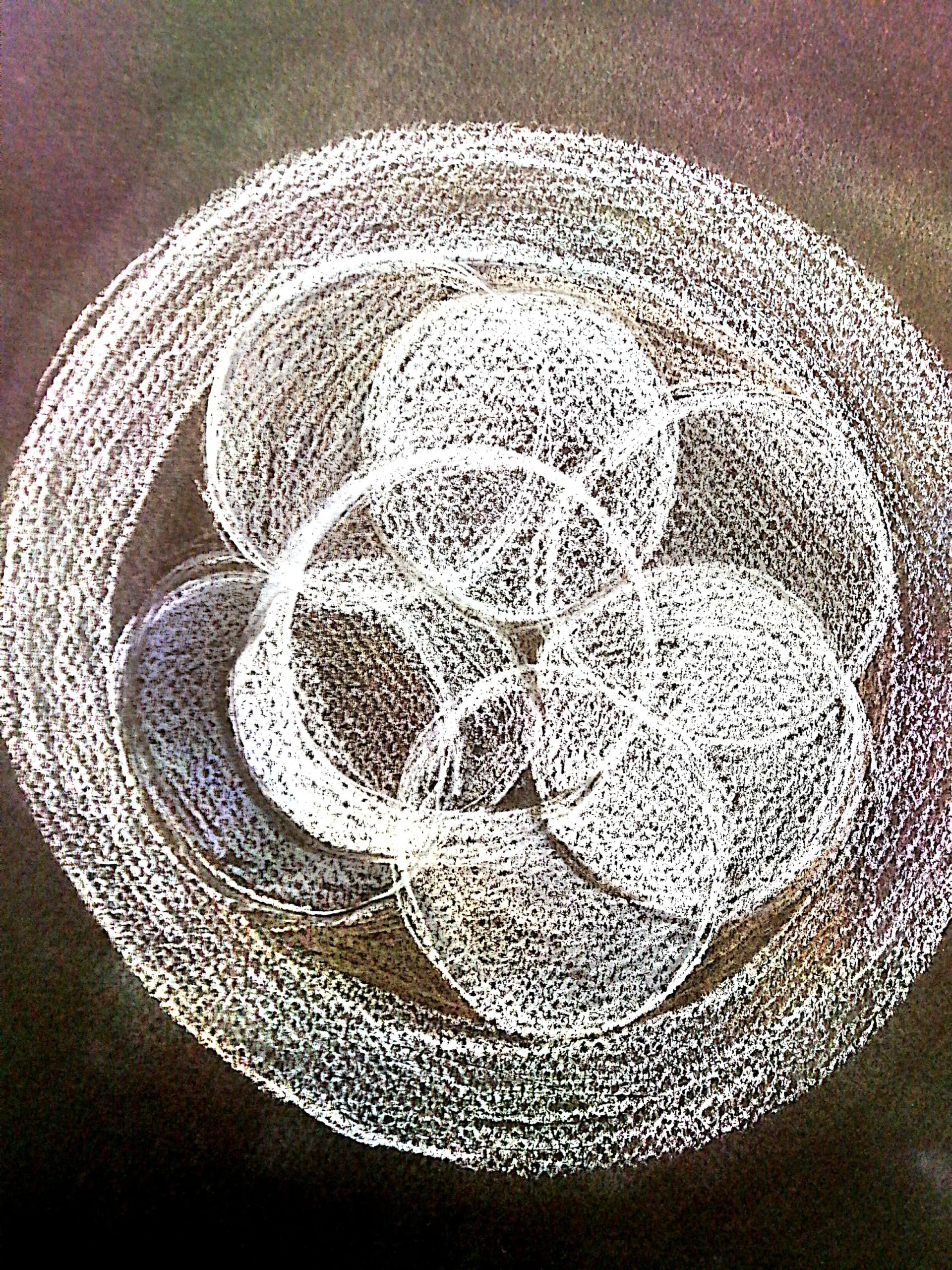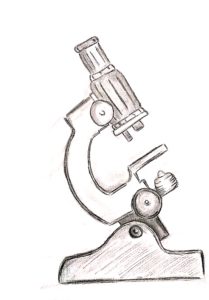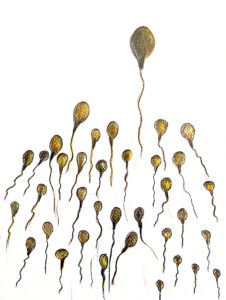Under regular conditions, sperm cells do not come into contact with the body’s immune system. However, if the barrier which enforces this is broken, due to trauma, illness, or surgery (such as vasectomy), then immune cells will begin to come into contact with sperm cells for the first time. Since sperm cells are created only post-puberty and thus are “newcomers”, they will be recognized as foreign invaders, The immune system will then create anti-sperm antibodies (ASA), molecules which fight sperm.
These ASA can have several negative effects on fertility. Sometimes they cause the sperm to clump, making the cells stick together and not allowing them to swim towards the cervix. They may also block specific proteins found on the cell surface, thus preventing the sperm from being able to fertilize the egg. However, it is unlikely for ASA on its own to be the cause of infertility.
Women may sometimes develop antibodies to their partner’s sperm. It is uncommon and currently not known why some women develop ASA and not others. In women, the ASA will be found in the cervical mucus.
Detection of ASA
The Direct Antibody Test uses small beads that recognize and stick to the antibodies, allowing assessment of the percentage of sperm bound by antibodies. It also reveals where the sperm cell is bound, at its tail or head, and the type of ASA present in the semen.
If there are not enough sperm cells for the direct test, or one is testing for ASA in the woman, the Indirect Antibody Test can be performed. For this test, a blood sample is taken from the patient and incubated with the sperm sample to allow ASA (from the blood) to bind sperm. This test is then followed by the direct test, in order to determine the type of ASA present.
Treatment of ASA
There is currently no evidence of successful treatment of ASA. Some doctors may recommend treatments that lower the immune system, however, their effectiveness is unproven. For women, one treatment option is Intrauterine Insemination: In IUI, the sperm is injected directly into the uterus, thus avoiding the ASA found in the cervical mucus.



